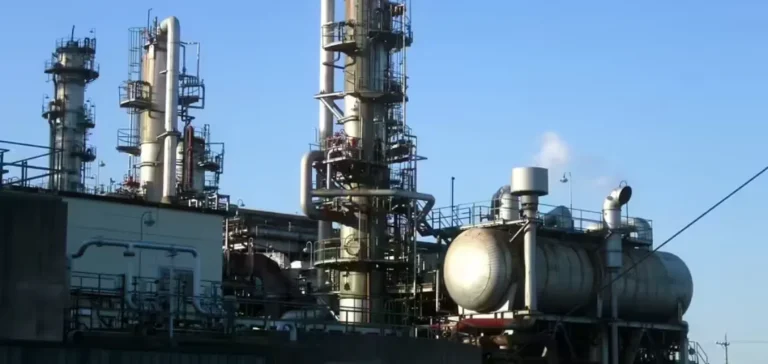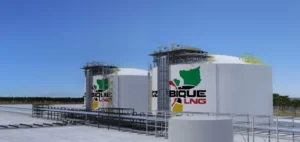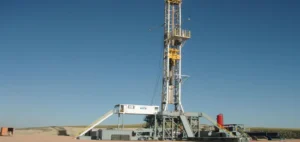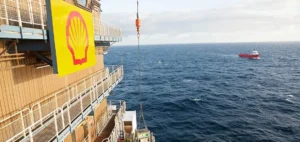Argentina has decided to limit natural gas deliveries to industrial sectors due to record demand caused by an exceptional cold wave, announced the Argentine Energy Secretariat.
Unprecedented gas demand
Natural gas consumption in Argentina is expected to rise by 25% compared to the same period last year, according to the Ente Nacional Regulador del Gas (Enargas, National Gas Regulatory Entity). This significant increase primarily comes from the residential sector, which is using more natural gas to meet increased heating needs during this cold period. Consequently, contracts related to compressed natural gas (CNG), as well as supplies intended for certain industries, must be temporarily suspended, according to the Argentine institution.
The current cold wave is the most severe in three decades, according to Argentina’s Energy Secretariat. This weather context is also affecting other countries in the region, such as Uruguay and Chile, where some areas are experiencing unusual snowfall. This exceptional climatic situation has prompted the Argentine government to take emergency measures prioritizing residential energy supplies.
Reduction in energy subsidies
According to the government of President Javier Milei, the lack of investments in energy infrastructure in previous years is one of the primary reasons for the current situation. The Milei administration recently implemented a policy significantly reducing energy subsidies as part of a broader strategy to decrease public spending. These budget cuts occur in a delicate economic context for Argentina, faced with high inflation and structural budgetary difficulties.
The current situation presents a significant challenge for Argentina’s industrial sector, which heavily depends on natural gas for its production processes. Affected companies must now adjust their operations to these temporary reductions in energy supply, awaiting improvements in the climatic and energy situation in the country. Currently, no official details have been provided regarding the exact duration of the restrictions imposed on industries.






















